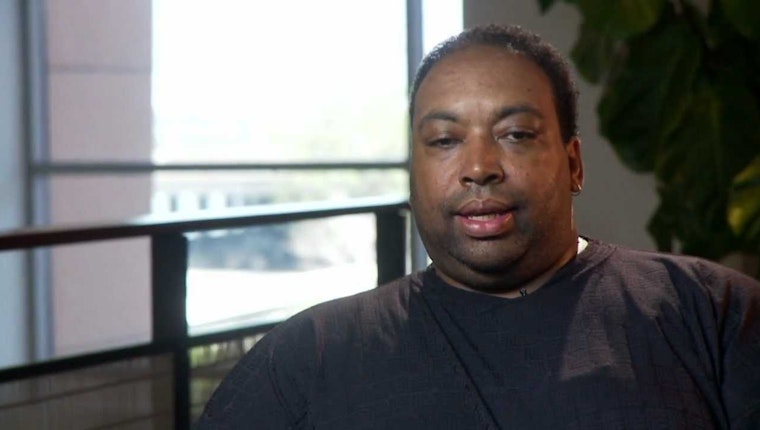Black Male Mentoring: Decoding the Image
By Stephen Powell

Click click: the sound of a woman locking her car door as I crossed an intersection in Newark, New Jersey. I guess to her I had on “carjacker” gear. It was a stark reminder that despite being a professional who champions black male mentoring throughout the United States, to her I was just a black man in a hoodie and resembled a stick-up kid. The 21-degree temperature called for a thick coat and a hoodie, but the simple dress down day took me back to my childhood and the stereotypes I have had to battle my whole life.
Truth be told, I wasn’t offended by the woman’s reaction. Young black men trying to navigate the streets are often misunderstood, and in many cases, caught in a routine of exercising a false sense of manhood via senseless crimes. When responsible men such as clergy, professionals, teachers, fathers, and coaches are absent as community leaders, pain and despair become as common as the sunrise.
“Ninety percent of my friends are in gangs.” This was a provocative insight I received at a male mentoring festival from two young, promising high school students on the rise in Newark. Despite challenging circumstances such as the over-incarceration of black and Latino men, increasing gang presence, under-served schools, and unshakable “thug life” stereotypes via the media, they’ve made a conscious decision to persevere against all odds. The reality is, without the help of caring adults and black men serving as their guides, beating the odds can seem quite insurmountable.
Watching the way these young black boys responded to responsible black men who were simply taking time to help guide and mentor them, was beyond inspiring. The mentees greeted the men with firm hand shakes, executed strong eye contact, stood tall with pride and shared their educational aspirations. It was yet another reminder that when the men assume responsibility, powerful things happen.
Advancing a collective, positive mentoring movement is a huge step in dispelling the negative ways black men are often viewed in communities from coast to coast. When black men stand up and reclaim their rightful place in communities across America, fathers can contribute to raising boys to be men. Black boys are empowered to soar like eagles in an open society when mentors are available to help them attain their goals.
Becoming a mentor is a rewarding experience that creates a bond between mentor and mentee and helps youth overcome stereotypes and environmental factors that can keep them from achieving their goals. It is a caring movement that develops ties between black men, boys, and their families that can never be broken.
To find out how you can become a mentor, please visit the Mentoring USA website. Happy National Mentoring Month!
Stephen Powell is the executive director of Mentoring USA, a grantee of the Open Society Foundations.